Editorial
Doctors’ strike in the making?

Fifty-five years and five months ago this month, a Russian émigrée told the world what would happen if all the productive and creative people of the world went on strike. And now we might have the answer. A survey, released two days ago, is the strongest evidence yet of the one thing that will make “Obamacare” of no moment: a doctors’ strike.
Measure of a doctors’ strike
A doctors’ strike need not look like a conventional strike. One need not imagine doctors in their white smocks forming a picket line. That wasn’t the vision of Ayn Rand’s great Strike of the Men of the Mind anyway. Her strikers didn’t picket. They simply vanished.
This doctors’ strike will shape up the same way. Doctors now in practice will retire early. And those who would otherwise apply to medical school, will not so apply.
And here is the evidence: the 2013 Deloitte Survey of US Physicians. (See it here in PDF.) Here is a direct quote:
Six in 10 physicians say that it is likely that many physicians will retire earlier than planned in the next one to three years. This perception is fairly uniform among all physicians, irrespective of age, gender, or medical specialty.
And more:
Most physicians are pessimistic about the future of medicine: Six in 10 physicians (57 percent) say that the practice of medicine is in jeopardy. Nearly three-quarters of physicians (higher among surgical specialists at 81 percent) think the best and brightest may not consider a career in medicine (slight increase from those who felt similarly in 2011 at 69 percent), while more than half believe that physicians will retire (62 percent) or scale back practice hours (55 percent) based on how the future of medicine is changing.
There’s your doctors’ strike.
A doctors’ strike call

The Star of Life, featuring the Rod of Asclepius, the true symbol of medicine. Photo: US Department of Transportation
This is what a doctors’ strike call looks like. In the third part of Atlas Shrugged, a minor character, named Thomas Hendrix, MD, tells the heroine why he followed the chief anti-villain’s advice and went on his seeming one-man doctors’ strike:
I quit when medicine was placed under State control some years ago. Do you know what it takes to perform a brain operation? Do you know the kind of skill it demands, and the years of passionate, merciless, excruciating devotion that go to acquire that skill?
Your editor knows it. Your editor went through medical training. Your editor knows exactly what Dr. Thomas Hendrix, had he been a real person, was talking about. Your editor remembers the all-nighters, the late evenings, the grueling duty in an emergency room, or an operating room. Not to mention the crushing student debt. And for what?!? Four years of college, four years of medical school, three to five years of residency, two years of fellowship – to earn barely enough of a wage to put food on the table, with a monetary Sword of Damocles hanging over one’s head? This is the new ideal?
I would not let them dictate the purpose for which my years of study had been spent, or the conditions of my work, or my choice of patients, or the amount of my reward.
What even Ayn Rand did not illustrate was that many who would have loved to go into medicine, would not do it. Because it would not be worth it.
I observed that in all the discussions that preceded the enslavement of medicine, men discussed everything—except the desires of the doctors. Men considered only the “welfare” of the patients, with no thought for those who were to provide it. That a doctor should have any right, desire or choice in the matter, was regarded as irrelevant selfishness; his is not to choose, they said, but “to serve.” That a man willing to work under compulsion is too dangerous a brute to entrust with a job in the stockyards—never occurred to those who proposed to help the sick by making life impossible for the healthy.
And this:
Their moral code has taught them to believe that it is safe to rely on the virtue of their victims.
Exactly. And what virtue can they rely on, except some twisted notion of sportsmanship? What will Barack Hussein Obama do, when the doctors’ strike gets so big he can’t deny it? Call those doctors “spoilsports,” maybe? He can do that all he wants, and so can those who always wanted a single-payer system. It won’t bring the doctors back, or persuade new people to apply to medical school.
Let them discover the kind of doctors that their system will now produce. Let them discover, in the operating rooms and hospital wards, that it is not safe to place their lives in the hands of a man they have throttled. It is not safe, if he is the sort of man who resents it—and still less safe, if he is the sort who doesn’t.
Related:
Ayn Rand world: public hospitals
[subscribe2]
Terry A. Hurlbut has been a student of politics, philosophy, and science for more than 35 years. He is a graduate of Yale College and has served as a physician-level laboratory administrator in a 250-bed community hospital. He also is a serious student of the Bible, is conversant in its two primary original languages, and has followed the creation-science movement closely since 1993.
-
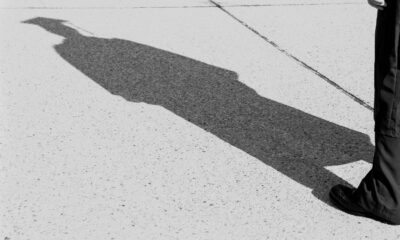
 Education4 days ago
Education4 days ago‘Grading for Equity’: Promoting Students by Banning Grades of Zero and Leaving No Class Cut-Ups Behind
-
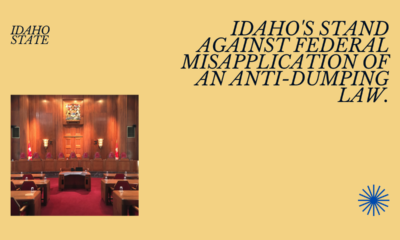
 Family3 days ago
Family3 days agoIdaho defends against abortion mandate
-

 Education1 day ago
Education1 day agoCHAPTER 11: Critical Race Theory: A Species of the Ideological Thought Genus Marxism
Space Is No Longer the Final Frontier—Reality Is [forthcoming release May 2024] -
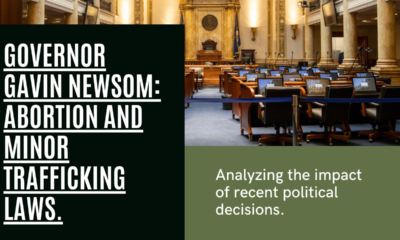
 Civilization5 days ago
Civilization5 days agoNewsom plays silly abortion politics
-
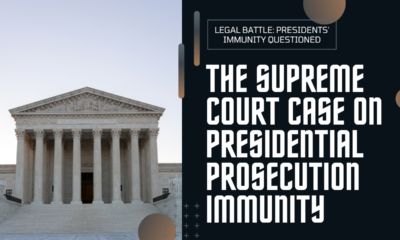
 Constitution2 days ago
Constitution2 days agoPresidential immunity question goes to SCOTUS
-

 Civilization5 days ago
Civilization5 days agoWaste of the Day: China Still Owes Over $1 Trillion to American Bondholders
-

 Civilization5 days ago
Civilization5 days agoCurrent Conflicts Demonstrate Need for More and Better Tanks In Eastern Europe
-

 Civilization18 hours ago
Civilization18 hours agoWill Trump flip New York?



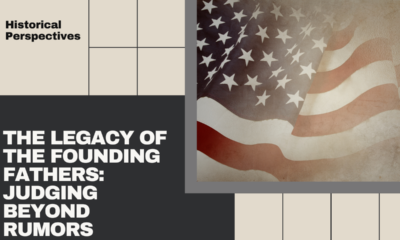



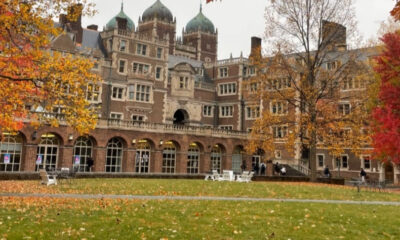





SJ Cottrell liked this on Facebook.
Melissa M Leibold liked this on Facebook.
Digg Patriots liked this on Facebook.
PolitiCollision liked this on Facebook.
Michael Alan Kline Sr liked this on Facebook.
[…] Doctor’s strike in the making? […]